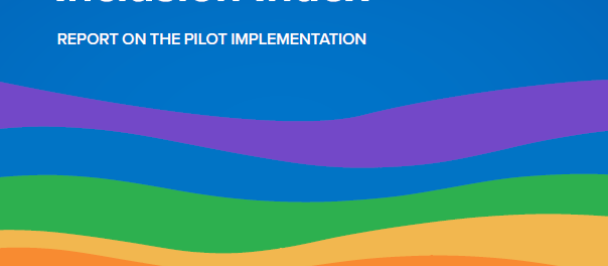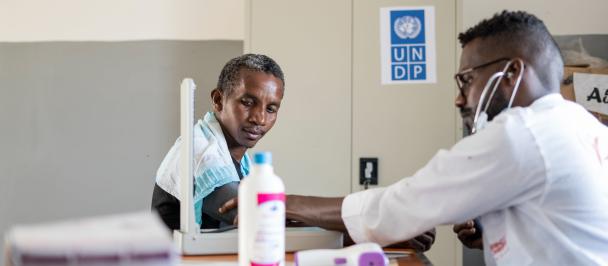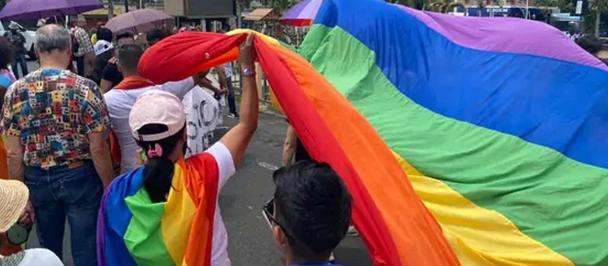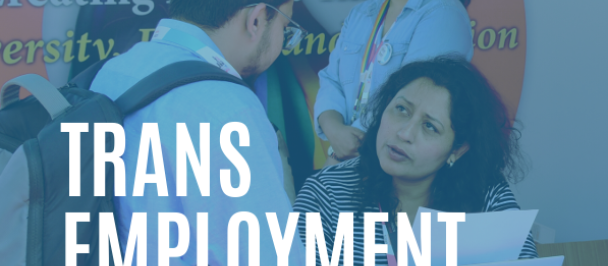UNDP welcomes the decision by the Supreme Court of Mauritius to decriminalize same sex relations
October 5, 2023
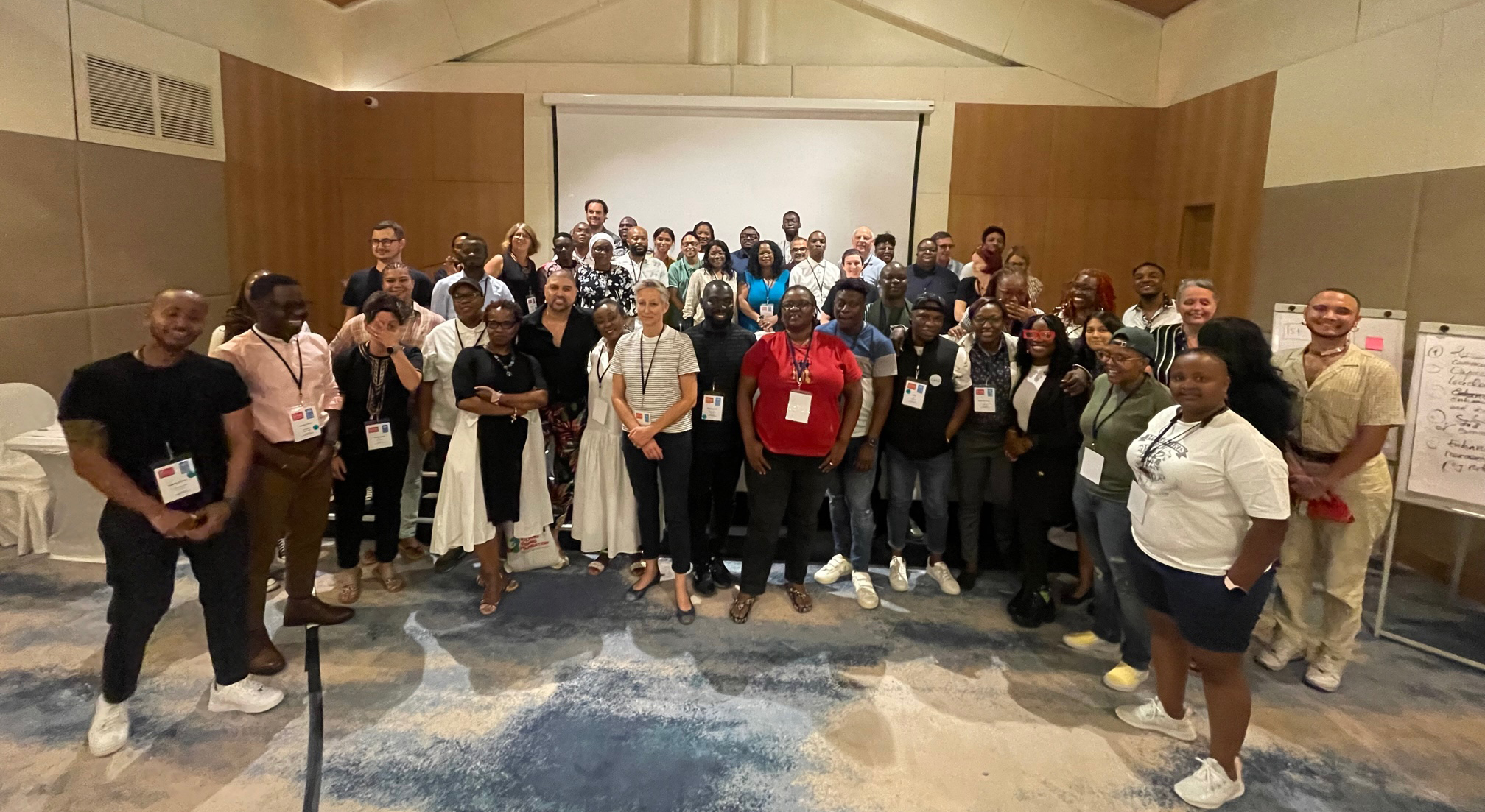
Participants at a meeting in Mauritius on LGBTI+ inclusion and rights, convened by UNDP and HIVOS in July 2023.
The United Nations Development Programme (UNDP) joins with other United Nations (UN) agencies to welcome yesterday’s decision by the Supreme Court of Mauritius to decriminalize same sex relations in Mauritius. The Court ruled that Section 250 of the Mauritian Penal Code, which had criminalized “sodomy”, was discriminatory and unconstitutional.
“The Supreme Court today overturned an obsolete colonial law and demonstrated its commitment to non-discrimination and leaving no-one behind,” said Lisa Singh, UN Resident Coordinator in Mauritius. “The UN in Mauritius, and internationally, welcomes the decision of Mauritius to join the growing list of African countries protecting the human rights of everyone, including lesbian, gay, bisexual, transgender and intersex (LGBTI+) people”.
“This is an important victory for human rights, dignity and public health, as there is strong evidence that removing criminal laws on consensual adult homosexual sex results in reduced new HIV infections and increased access to prevention and treatment,” emphasized Dr Mandeep Dhaliwal, Director of HIV and Health for UNDP. “We congratulate the plaintiff in this case, Abdool Ridwan Firaas Ah Seek, the president of the Mauritian LGBTI+ group Collectif Arc-en-Ciel, and those who supported the litigation, including Human Dignity Trust.”
Three members of the Mauritian Supreme Court, including the Chief Justice Hon Mrs B.R. Mungly-Gulbul and co-signatory to yesterday’s judgement, Hon D. Chan Kan Cheong, have participated in a UNDP-supported regional forum of judges and justices that focuses on using the law to strengthen responses to HIV and protect human rights of marginalized populations.
The UN Secretary General, the Administrator of UNDP and a range of other senior UN officials have repeatedly advised countries to repeal punitive and discriminatory laws that affect LGBTI+ people, in order to protect human rights, advance public health and advance progress on the Sustainable Development Goals. As some countries in Africa have recently introduced bills to exacerbate criminal penalties against LGBTI+ people, the broad trend is positive. Mauritius has now joined a growing number of countries such as Angola, Botswana, Cape Verde, Gabon, Guinea-Bissau, Lesotho, Mozambique, Sao Tome and Principe, Seychelles and South Africa in repealing anti-LGBTI+ laws, while many other countries have never criminalized homosexuality.

 Locations
Locations